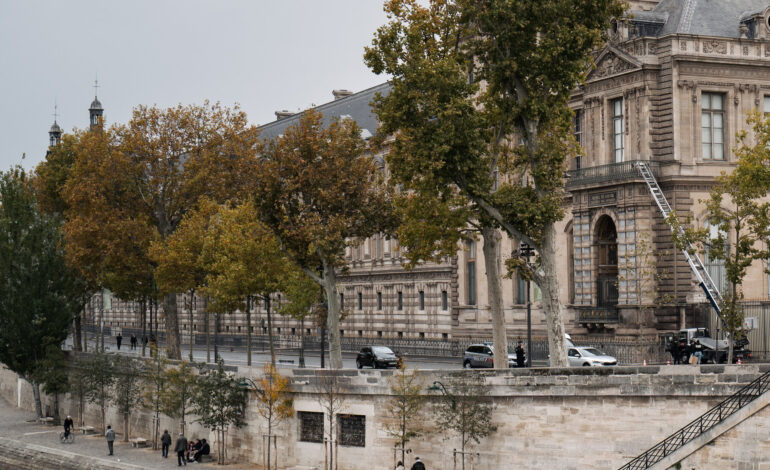Robbery at the Louvre Shatters National Pride in France

On March 15, 2024, a significant robbery occurred at the Louvre Museum in Paris, resulting in the theft of priceless artworks valued at approximately €1.5 million. The incident has not only raised concerns about security at one of the world’s most renowned cultural institutions but has also left a profound impact on national sentiment. The event has highlighted increasing feelings of vulnerability and unease within France regarding its cultural heritage.
The robbery took place late at night when the museum was closed to the public. According to the French Ministry of Culture, the thieves targeted several high-value pieces, managing to bypass security systems that have historically been considered state-of-the-art. Paris police have launched an extensive investigation, with a particular focus on identifying any connections between the perpetrators and organized crime.
This incident has sparked a broader conversation about security measures across cultural institutions in France. The National Police have emphasized the need for a comprehensive review of current protocols to prevent similar incidents in the future. The robbery has also drawn attention from the European art community, with many expressing their shock at the audacity of the crime against such a significant cultural landmark.
The emotional fallout from the robbery is palpable. Many citizens see the Louvre not just as a museum but as a symbol of national identity and pride. In recent years, France has grappled with numerous challenges, and this event has compounded feelings of disillusionment among the populace. The theft has been described as a blow to the cultural fabric of the nation, further fueling debates about the country’s direction.
Officials are working diligently to recover the stolen artworks. The French Ministry of Culture has pledged to enhance security measures, including potential collaborations with international law enforcement agencies. Meanwhile, cultural leaders have called for a united front to protect France’s artistic heritage against such threats.
As the investigation unfolds, the Louvre remains closed to the public, and officials have urged anyone with information related to the robbery to come forward. The case has drawn significant media attention, both domestically and internationally, as it highlights the ongoing challenges faced by cultural institutions in safeguarding their treasures.
In summary, the robbery at the Louvre on March 15, 2024, represents more than just a theft; it reflects a deeper sense of insecurity within France. The nation’s pride in its cultural assets has been shaken, prompting urgent discussions about security, heritage preservation, and national identity. The coming weeks will be crucial as authorities work to address these pressing issues and restore a sense of safety and pride among the French people.






